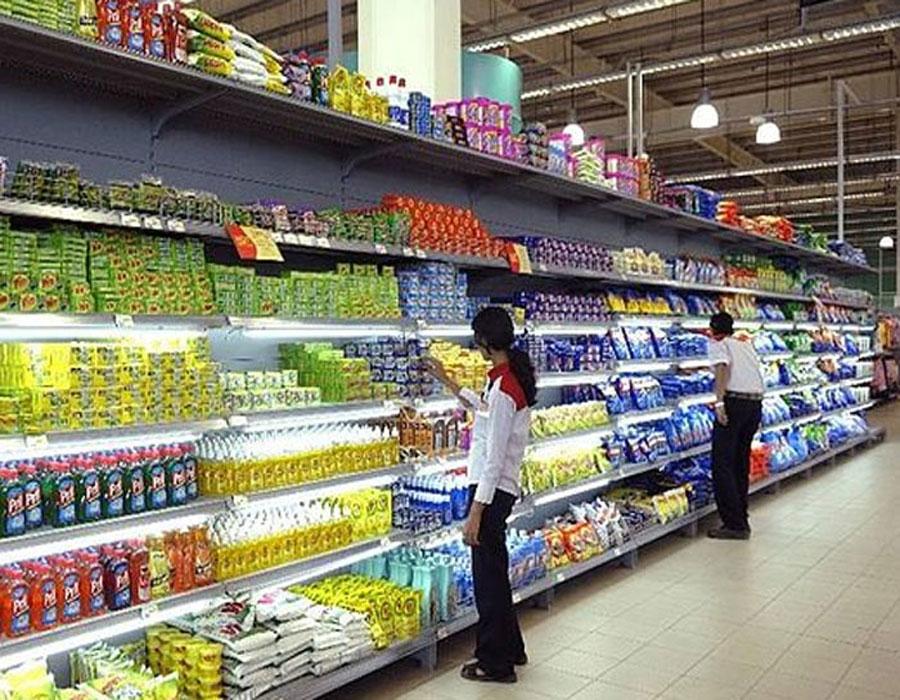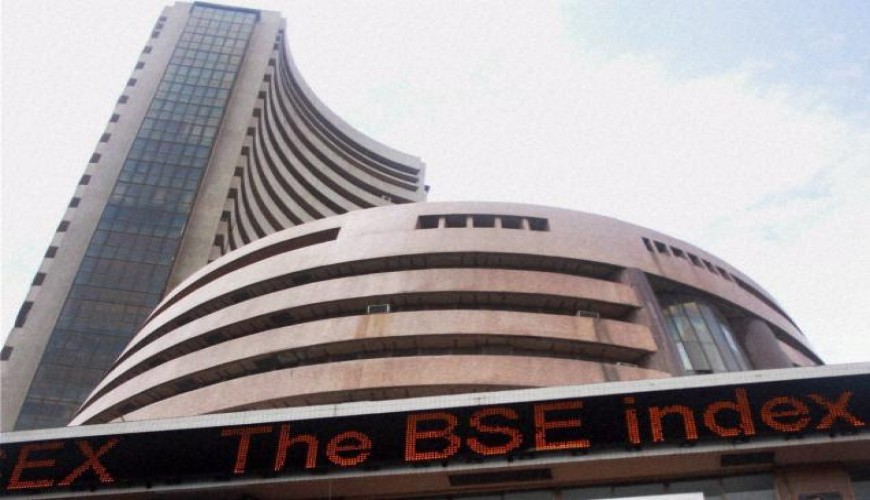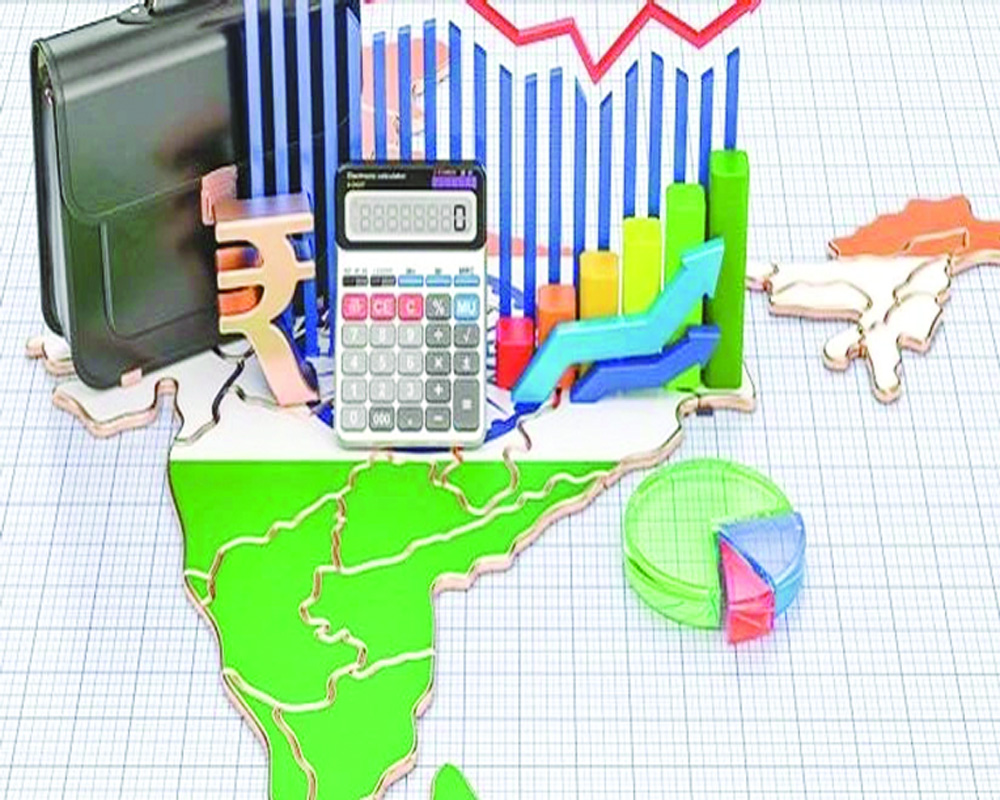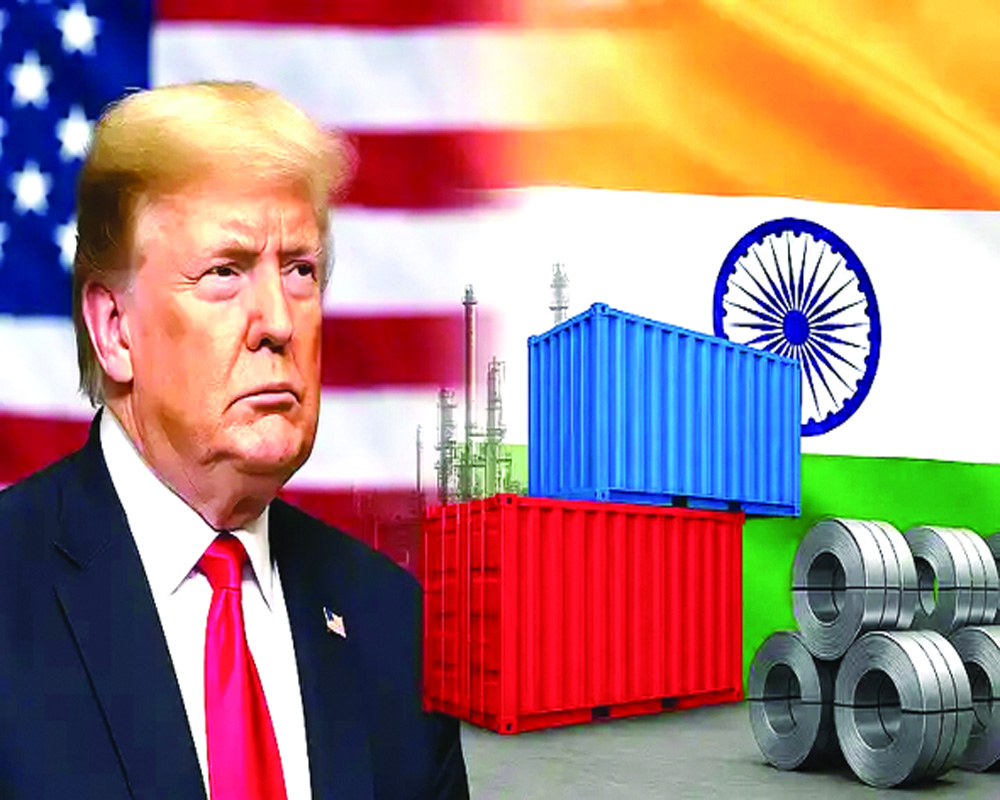This outbreak serves as a reminder for retailers to be more proactive in planning and resilient in their response to future disruptions
The Indian retail industry is a highly competitive, $800 billion market with a Compound Annual Growth Rate (CAGR) of 12 per cent. Out of that, the share of online retail is $32.7 billion with a CAGR of 31 per cent. Smartphone penetration, brand consciousness, demographics and policy support are the factors transforming and pushing this industry towards omnichannel retailing.
Omnichannel retailing is a fully-integrated approach to commerce, providing shoppers a unified experience across all channels or touchpoints, including online and offline. It offers consistent merchandise and seamless interaction between online and offline channels, thus combining the benefits of both. However, the pandemic and subsequent national and local lockdowns have greatly impacted both supply and demand. The supply side was hit by administrative restrictions and limited resources while demand, too, remained subdued due to job-losses, salary cuts and restrictive spending. In such a situation, an agile response is needed for swift operations, customer satisfaction and surviving in the post-Corona era.
Evolving consumer behaviour: Though retail has undergone many significant disruptions in the past, perhaps none has shifted consumer behaviour as rapidly as this contagion has. The changes are happening due to factors like challenges in personal situations, preferences towards local products, precautionary measures against the virus and rising digital awareness — a by-product of promotion of contactless transaction.
Even in the unlock stage, consumers are hesitating to visit stores and while exercising social distancing measures, many uninitiated customers are moving towards online retailing. For example, many senior citizens are opting for online grocery shopping as a precautionary measure. Use of services like contactless digital payments, social commerce and virtual consultation are also seeing a rise.
Many of these behavioural changes will continue even after the pandemic is over. McKinsey and Company cited this as “consumer behaviour shift.” For example, people will get used to the comfort of home delivery, ease of digital payments, varieties offered by online markets and so on. Retailers need to draw insights from these changes and rebuild the consumer confidence as the new normal continues.
Financial skills: Revenue is sharply dropping for many categories. Even though store profit has gone down, retailers need to pay rents, salaries and so on. Hence, at this point it is necessary for them to optimise cost and curtail the offerings to profitable items. In the long-term, as demand picks up, it would be prudent to invest in omnichannel fulfillment as means to financial resilience.
Accept the new normal: Social distancing, safety and hygiene procedures will be here for a while. The best way to go forward is to accept the new normal and the complexity it will bring to decision-making.
Consumer connect: Now more than ever, it is must for retailers to connect and communicate. Consumers will definitely like to know what a business is doing to ensure their safety, for delivery as well as in stores. Despite the pandemic, customers will need timely deliveries of their order. So, in case of item shortages or delayed fulfillment, it is necessary to explain the cause and convey the commitment.
Extra activity: First and foremost, retailers need to adapt to safety regulations, sanitisation procedures and regulatory directives at the country, State and municipal level in various phases of the unlocking. They need more dynamic inventory and logistics planning to meet the fluctuations both in demand and supply, plus a connect with employees regarding their health and financial well-being. This will prevent attrition and business continuity.
Infrastructure: The Indian online retail infrastructure is in an intermediate stage. The pandemic just exposed the flaws and inefficiency which were already there. Retailers should review the location of warehouses, delivery centres and their distributors to compute the risk of supply chain disruptions. The partnership with local grocery stores will help retailers to ensure timely contactless last mile delivery even during a crisis. Retailers also need to re-imagine in-store experience, considering customers’ safety and efficient operation with reduced staff while complying with social distancing norms.
Technology skills: Technology allows retailers to have relevant information and visibility throughout the supply chains, resulting in timely communication with all the stakeholders. Businesses will need secured, informative and intuitive shopping apps, which can balance for the lack of store visits. Also, Artificial Intelligence will continue to make a big impact in this sector to predict real-time consumer demand, optimise inventory and manage backorders, thus ensuring operational agility.
Also, Smart Mirrors and Augmented Reality can help build a store-like environment in the virtual world, ensuring safety. This way, retailers and associated stakeholders need to ramp up technological skills and infrastructure as they enter a post-pandemic era. As of today, India is among the top countries with the highest number of Covid cases and there is no end to the contagion in sight. Even the countries, where the outbreak seemed to be in control initially, are experiencing a second wave. This has caused supply and demand disruption and jolted the market ecosystem.
Hence, it is certain that retailers, that are an integral part of the demand-driven economy, need to be financially prudent, fast in their response to the new dynamics and ready to collaborate through the value chain to hthrive during this crisis and subsequent periods. As with many sectors, it is likely that retail will see a regime shift and consolidation. Smaller and financially-struggling businesses might face difficulty in surviving this crisis. At the same time, retailers with a unique value proposition will come out stronger. This outbreak serves as a reminder for retailers to be more proactive in planning and resilient in their response to unprecedented disruptions in future.
(The writers are Senior Research Scholars at the Indian Institute of Science, Bengaluru.)








 OpinionExpress.In
OpinionExpress.In















Comments (0)